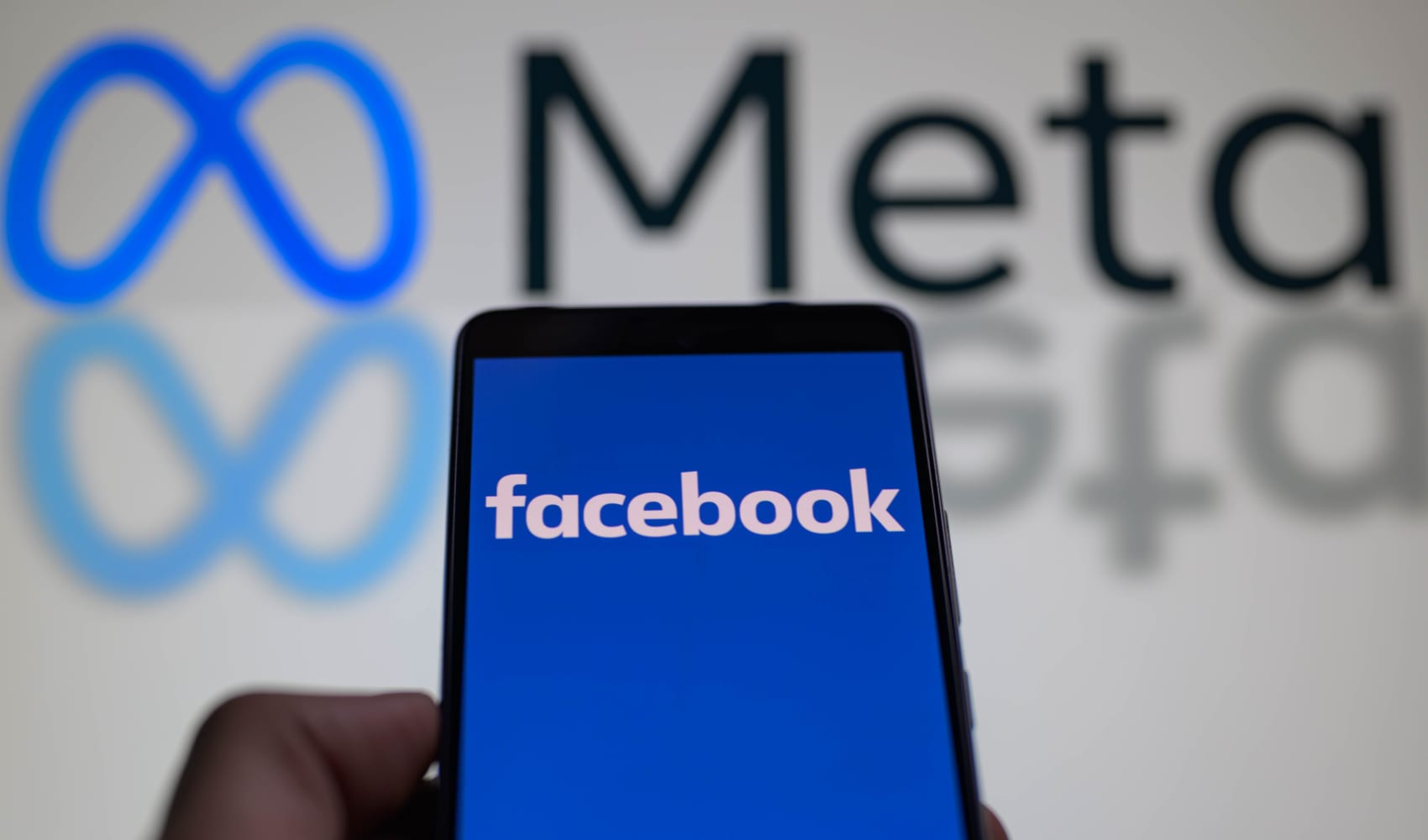
At the same time that dirt roads to the southeast of Paris were causing chaos in Sunday's Tour de France, voters at the polls were upending French politics.
France's president Macron, in power since 2017, had called snap elections less than 30 days ago after his party did poorly in EU elections against the "far-right" party led by Marine Le Pen. And in the first round of French elections, just a week ago, Le Pen's party came in first, with a hefty 33% of the vote. "[They are] on track to score an unprecedented haul of parliamentary seats when voters return to the ballot box for the July 7 runoff," people wrote at the time. It seemed to presage the arrival of a "far-right" party to one of the biggest stages yet.
Except that's not at all what happened. In a shocking twist, Le Pen's party came in third yesterday, with an estimated 143 parliamentary seats. Macron's party held onto 163 seats. And the winner? With 182 seats, a new party formed just three weeks ago as a coalition of left-wing parties to fend off Le Pen. This group's biggest cohort is France Unbowed, led by "radical leftist" Jean-Luc Melenchon. Next biggest in the party are the center-left Socialists. Then the French Greens. Then the French Communists (which have actually been around for decades).
What does this new party aim to achieve? Reverse Macron's hugely controversial move to raise France's retirement age to 64 from 62. Signed into law just last year, it took a massive toll on Macron's popularity, although he insisted it was necessary to avoid soaring pension deficits. Not just that, the new party (called the New Popular Front) now wants to push the retirement age back down to 60, where it was until fifteen years ago.
They also want to raise the minimum wage, index salaries to inflation, cap food and fuel prices, fund childcare, cut taxes on lower earners, and add a wealth tax, among other measures. (Not to mention calling for a Gaza ceasefire and recognizing the Palestinian state, while defending Ukraine and intending to stop Putin's war there.)
If it all sounds expensive, it is. And the rub is that France, of course, does not have its own central bank printing press. It is beholden to the European Central Bank. Just last week, it was placed under an "Excessive Deficit Procedure" for failing to keep its budget deficit under 3% of GDP.
And yet, markets are relatively sanguine about this outcome. French stocks are on track to close higher today. France's 10-year bond yield jumped around Le Pen's apparent victory a week ago, but has since dropped nearly 20 basis points, and edged slightly lower today, to 3.17%.
Money Report
Why? Because for all the drama, "I think we are really converging toward a center-left policy," Allianz's chief economist told CNBC, noting it was also a center-left government in the past that had success bringing down the deficit. So in that sense, France's outcome--while more spectacular--is actually quite similar to the British outcome last week that returned a center-left platform to power.
And if that is the mood of the global electorate, then the sooner U.S. Democrats can end the personal drama around their candidate, the better the odds are that they too can prevail this year-- but only if they can figure out how to actually end that drama.
Feeling out of the loop? We'll catch you up on the Chicago news you need to know. Sign up for the weekly Chicago Catch-Up newsletter.
See you at 1 p.m!
Kelly
Click HERE to sign up for this newsletter in one easy step.
To hear this as a podcast, subscribe to "The Exchange" and pick "From the desk of..."






